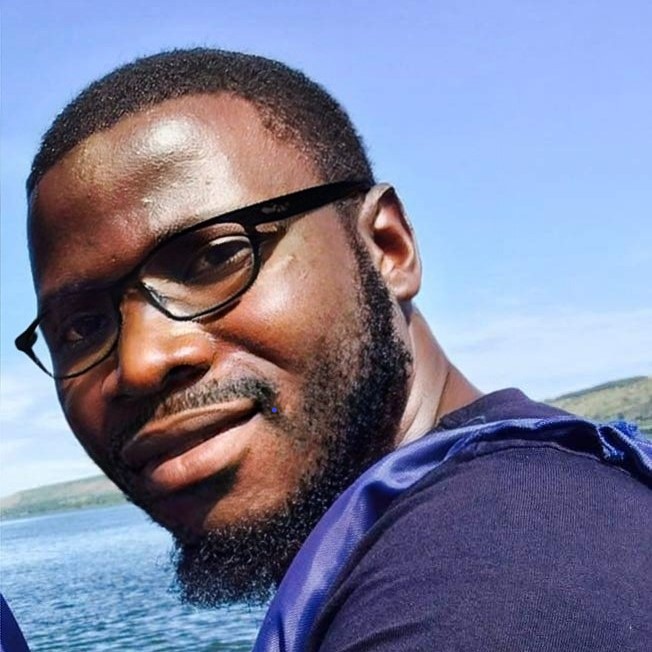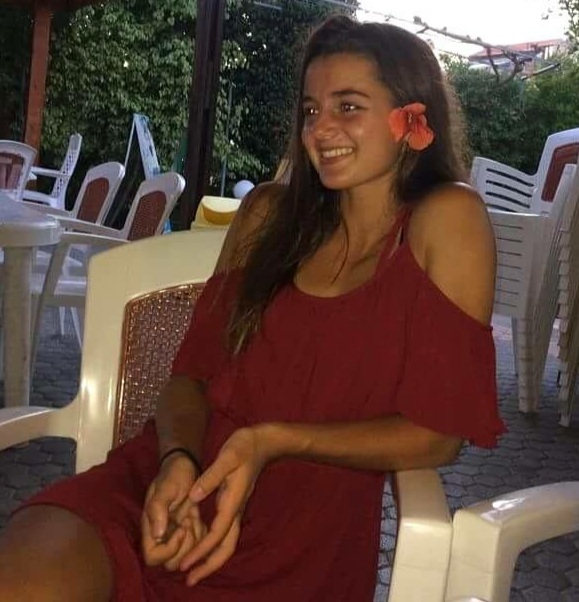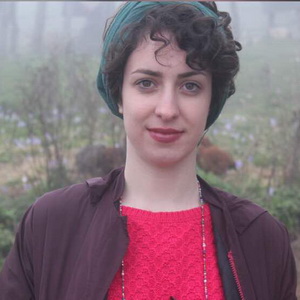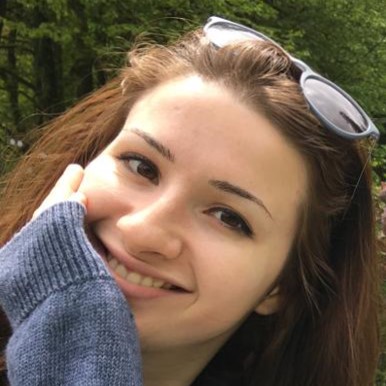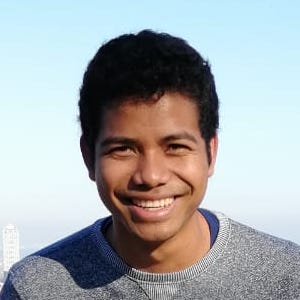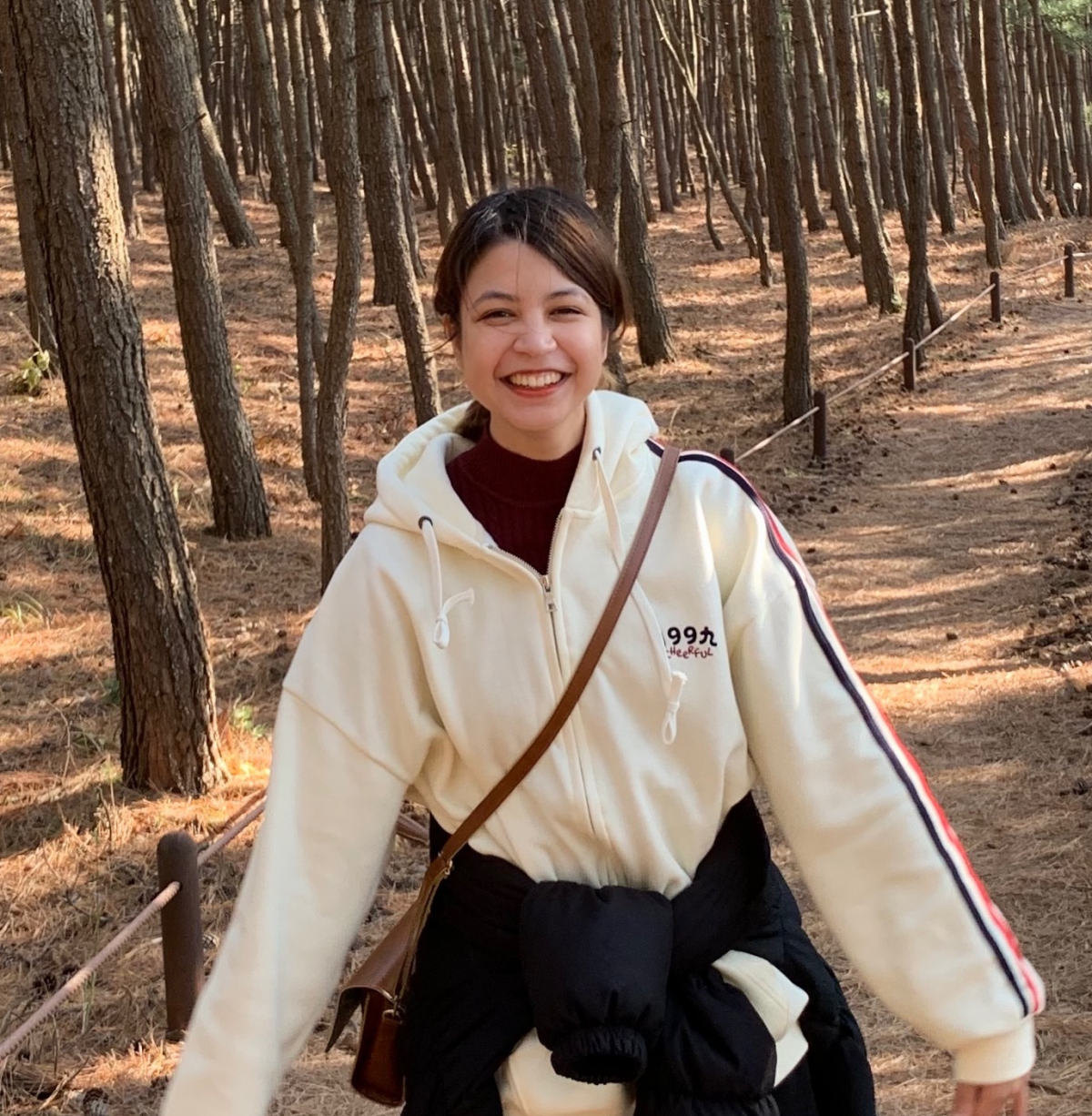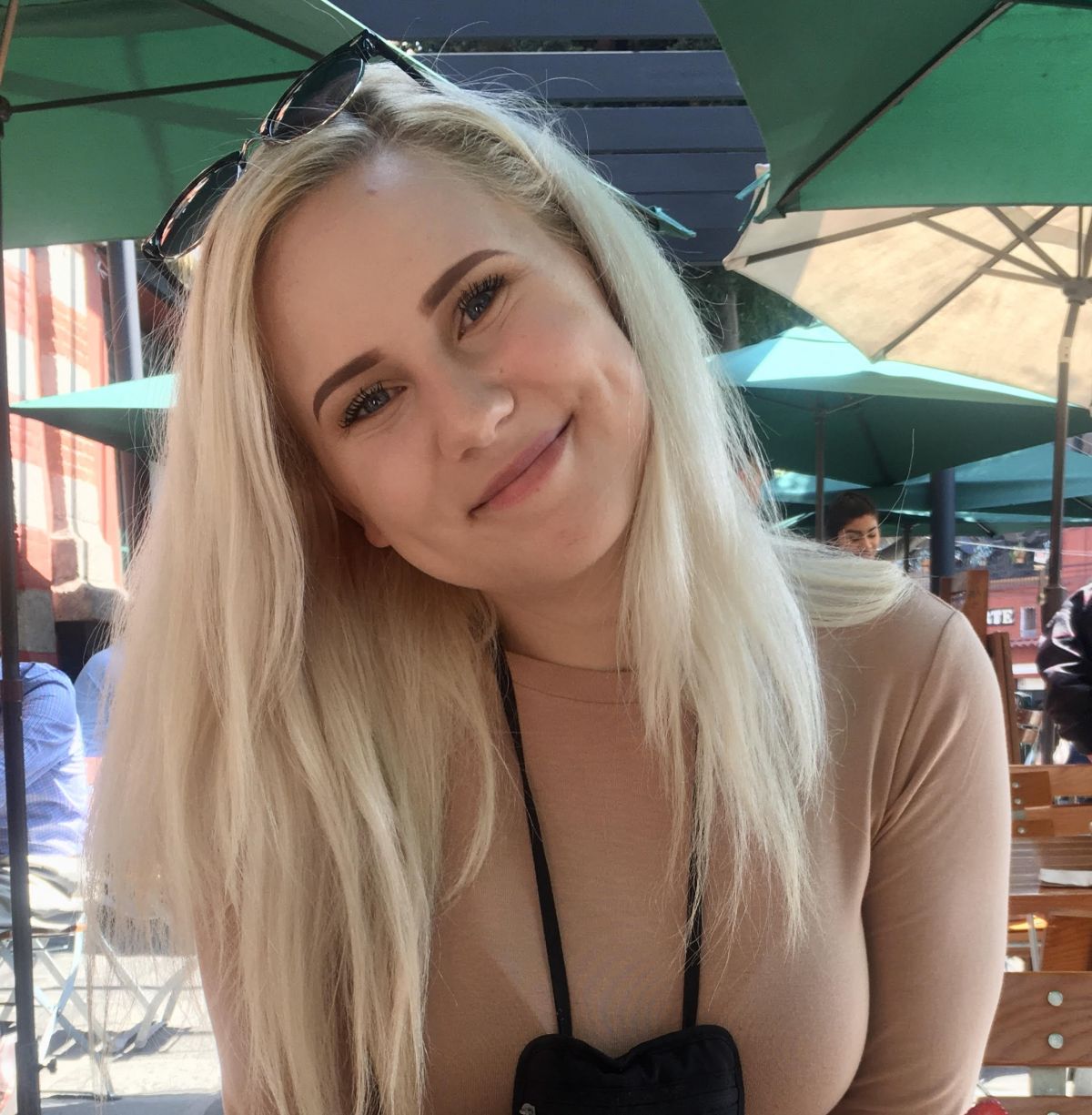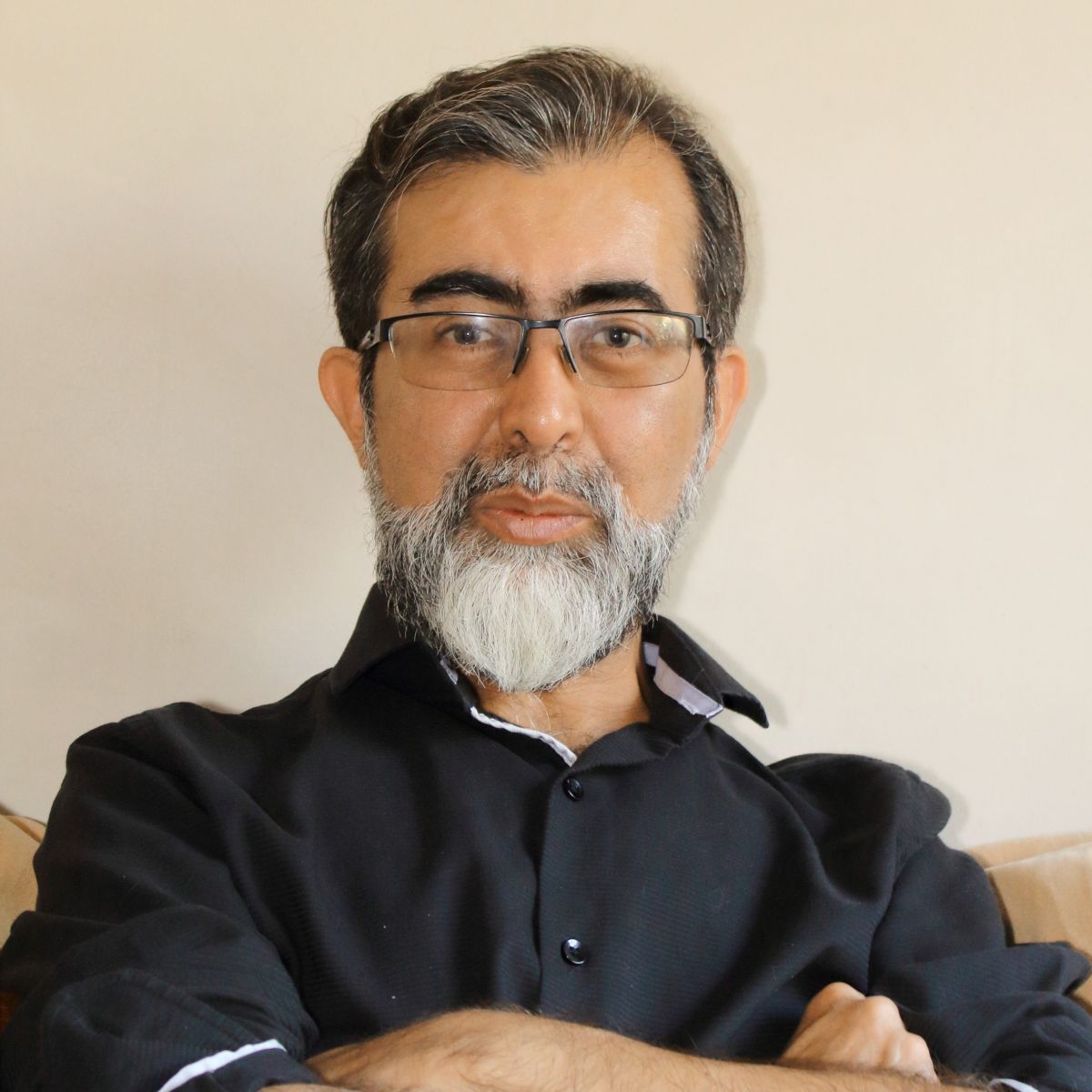Découvrir une langue étrangère
La pratique est l’art des sciences.
DR of the Congo, Middle Africa
Story by Salum Ndezi. Translated by Stefania Ledda
Published on March 14, 2021.
This story is also available in 






J’avais des ennuis. Je n’avais plus d’argent pour payer les frais de mes études au Rwanda et j’allais devoir partir dans quinze jours pour retourner dans ma ville natale dans la République Démocratique du Congo.
Avant mon voyage, je suis allé à l’université pour utiliser la connexion Wi-Fi. Alors que j’étais dans la bibliothèque, un garçon s’est rapproché de moi et m’a demandé le mot de passe pour la connexion. Je le lui ai donné et puis il s’est assis pas loin de moi. Quelques minutes plus tard, mon père m’appelait. Je baissais d’un ton parce que j’étais à la bibliothèque et nous avons parlé en Swahili. Après l’appel, le garçon qui m’avait demandé le mot de passe me dit << Jambo kaka >>, une salutation en Swahili.
Nous étions tous les deux des immigrés. C’est d’ici que notre amitié commença
Il dit: "Je t’ai entendu parler Swahili au téléphone. Je viens du Burundi". Nous sommes sortis de la bibliothèque et avons eu un long échange. J’étais vraiment content d’avoir trouvé quelqu’un qui parlait correctement le Swahili, parce que je pouvais m’exprimer librement seulement à travers ma langue maternelle. Nous étions tous les deux des immigrés. C’est d’ici que notre amitié commença. À partir de ce jour-là, nous nous sommes rencontrés régulièrement. Plus tard, il me dit qu’il travaillait dans une école primaire en enseignant le français. Cela m'intéressait beaucoup parce que j’avais étudié le français aux écoles secondaires, donc je pouvais me qualifier pour devenir enseignant aux écoles primaires. Je ne savais pas qu’au Rwanda le français était enseigné aux écoles élémentaires, parce qu’en 2009 le pays avait changé sa langue officielle du français à l’anglais en devenant un pays anglophone. Je savais seulement que le français était enseigné comme sujet d’étude aux écoles secondaires. Mon nouvel ami me donna plus d’informations sur le poste.
Je suis passé d’un état d’excitation à un état de doute. Je me disais “Je suis un enseignant, mais je n’ai jamais enseigné à l’exception d’un stage d’un mois que j’avais fait lorsque j’étais en train d’obtenir mon baccalauréat. Je n’ai aucune expérience, mais je dois quand même essayer. C’est ok si j’échoue”. Quand je suis retourné dans mon quartier, j’ai passé toute la nuit à préparer mon CV pour postuler dans plusieurs écoles. Le jour suivant j’y allai et je postulais pour le poste d’enseignant de français. Après l’avoir fait, j’avais peur parce qu’en Afrique, avant de postuler n’importe où, vous devez vous assurer d’avoir au moins un de ces trois contacts: un membre de la famille, ou un ami qui travaille là où tu postules, ou une personne qui a de bons rapports avec le chef.
Je me disais "C’est ok si j’échoue"
Mais tout cela ne me décourageait pas. Je priais Dieu et cinq jours plus tard j’avais le poste!
J’étais vraiment heureux. Imaginez d'être un immigrant qui, sans expérience et sans être aidé, postule pour un poste et l’obtient d’un seul coup. Cela n’est pas normal. C’est un miracle. Mes préoccupations se sont transformées en joie en une seconde. Je commençais une nouvelle vie indépendante. Je commençais à organiser mon futur. Je suis capable de payer le loyer, les courses et d’autres dépenses, et d’aider mes parents et ma famille aussi. Je sors avec mon ami immigrant les weekends. Je suis très heureux d’enseigner le français. Enseigner m’aide à améliorer mes capacités linguistiques en français vu que je le parle tous les jours. Comme les français disent: "La pratique est l’art des sciences."
How does this story make you feel?
Follow-up
Do you have any questions after reading this story? Do you want to follow-up on what you've just read? Get in touch with our team to learn more! Send an email to [email protected].
Talk about this Story
Please enable cookies to view the comments powered by Disqus.
Subscribe to our Monthly Newsletter
Stay up to date with new stories on Correspondents of the World by subscribing to our monthly newsletter:
Other Stories in Français
Explore other Topics
Get involved
At Correspondents of the World, we want to contribute to a better understanding of one another in a world that seems to get smaller by the day - but somehow neglects to bring people closer together as well. We think that one of the most frequent reasons for misunderstanding and unnecessarily heated debates is that we don't really understand how each of us is affected differently by global issues.
Our aim is to change that with every personal story we share.
Community Worldwide
Correspondents of the World is not just this website, but also a great community of people from all over the world. While face-to-face meetings are difficult at the moment, our Facebook Community Group is THE place to be to meet other people invested in Correspondents of the World. We are currently running a series of online-tea talks to get to know each other better.











